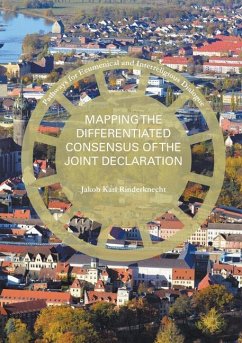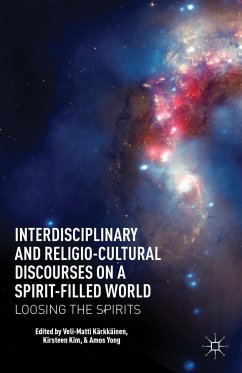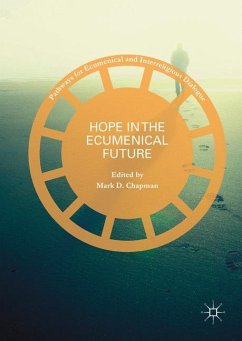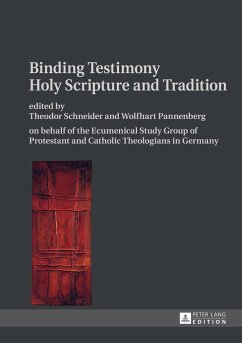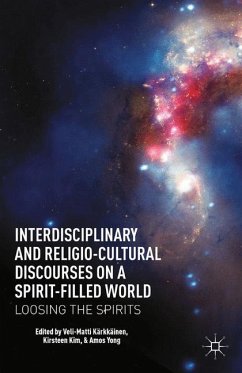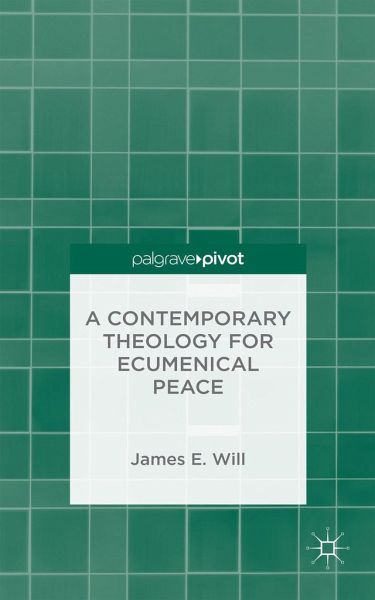
A Contemporary Theology for Ecumenical Peace

PAYBACK Punkte
19 °P sammeln!
Humanity's long history of intermittent conflicts and contemporary violence undermines Christian's (and their Jewish and Muslim fellow believers) religious confidence in and moral commitment to world peace. The principal issue is the ambiguity of God's presence and action in the world as we experience it. In A Contemporary Theology for Ecumenical Peace, this problem is addressed by relating biblical theology to contemporary philosophical and theological perspectives to motivate and sustain the practice of love and justice in the context of civil religion.





